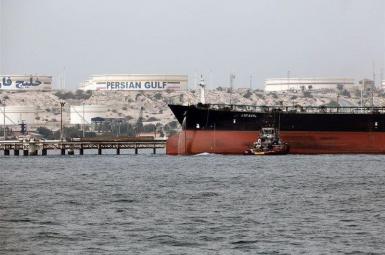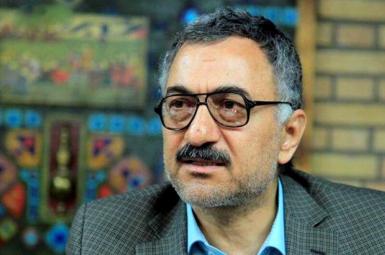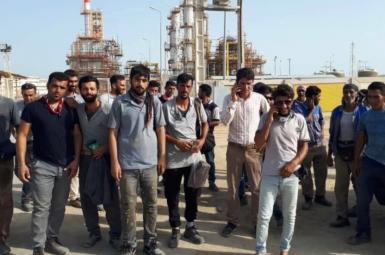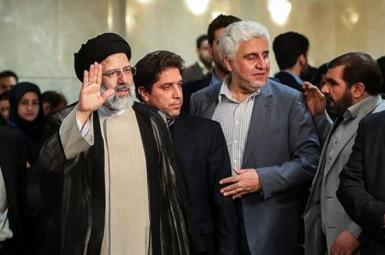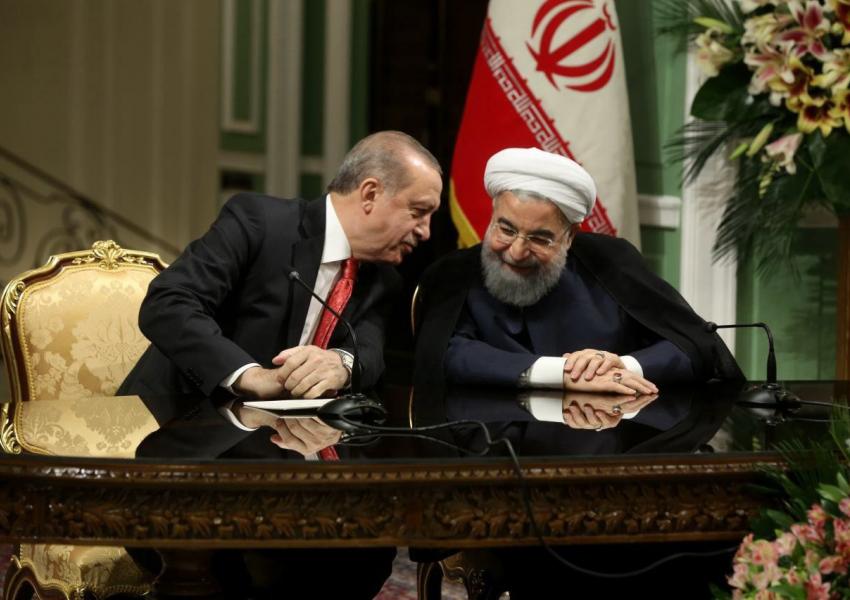
Iran Asks Turkey To Act As Middleman For Trade Amid US Sanctions
A phone call on Wednesday [December 16] between Iranian Minister of Trade Alireza Razm-Hosseini and his Turkish counterpart Ruhsar Pekcan has highlighted the delicate state of relations between the two countries. Razm-Hosseini said on Thursday that Tehran and Ankara would work to increase “trade and cooperation” and that Iran wanted to source through Turkey commodities from other countries, using Iranian resources blocked in Turkish banks due to United States sanctions.
The volume of Iran-Turkey trade was $10 billion annually before the coronavirus pandemic, but has now dropped to $3 billion, Razm-Hosseini told the state-run Islamic Republic of Iran News Network (IRINN) on Thursday.
Neither side has offered details of discussions between the two ministers. In a Twitter post after the talk, Pekcan said only that she and Razm-Hosseini wanted to increase bilateral trade. Her reticence may reflect recent outage in the Turkish media and society over Iran’s reaction to Turkish president Recep Tayyip Erdogan’s trip to Baku.
On December 10, at a celebration of Azerbaijan’s victory in the Nagorno-Karabakh conflict, Erdogan’s recitation of a poem allegedly encouraging Azari separatism in Iran caused an uproar in Iranian media and condemnation by Iranian parliamentarians and by Foreign Minister Mohammad Javad Zarif.
Some analysts have suggested that Erdogan, deliberately or otherwise, was stoking deep Iranian fears. “Iran, not without reason, has long believed that the United States and Saudi Arabia are bent on instigating ethnic unrest in a bid to force Tehran to alter policies, if not topple the Iranian regime,” James M. Dorsey, senior fellow at Nanyang Technological University, Singapore, wrote this week.
But on December 12, a phone call from the Turkish foreign minister Mevlut Cavusoglu to Zarif conveyed Ankara’s respects for Iran’s sovereignty and territorial integrity. All seemed smoothed over.
US sanctions can create common interests. Only days after the row over Erdogan’s comments, Tehran expressed solidarity with Ankara against sanctions imposed on Turkey by Washington on December 14 over its purchase of the S400 missile defense system from Russia. “US addiction to sanctions and contempt for international law at full display again. We strongly condemn recent U.S. sanctions against Turkey and stand with its people and government,” Zarif tweeted with the hashtag #StandingTall.
Iran-Turkey relations, however, are rarely straightforward. On Tuesday December 15 the Turkish government’s TRT channel confirmed that Iranian Intelligence was involved, along with an Iranian drug lord, in abducting and rendering from Turkey Farajollah Chaab, a leading Iranian Arab separatist militant, in November.
This is a Pandora’s box that Tehran would like to keep closed, especially as there are other cases in Turkey of abduction and even killing of Iranian dissidents, including the cyber-security expert Masoud Molavai, who was shot dead in Istanbul November 2019.


